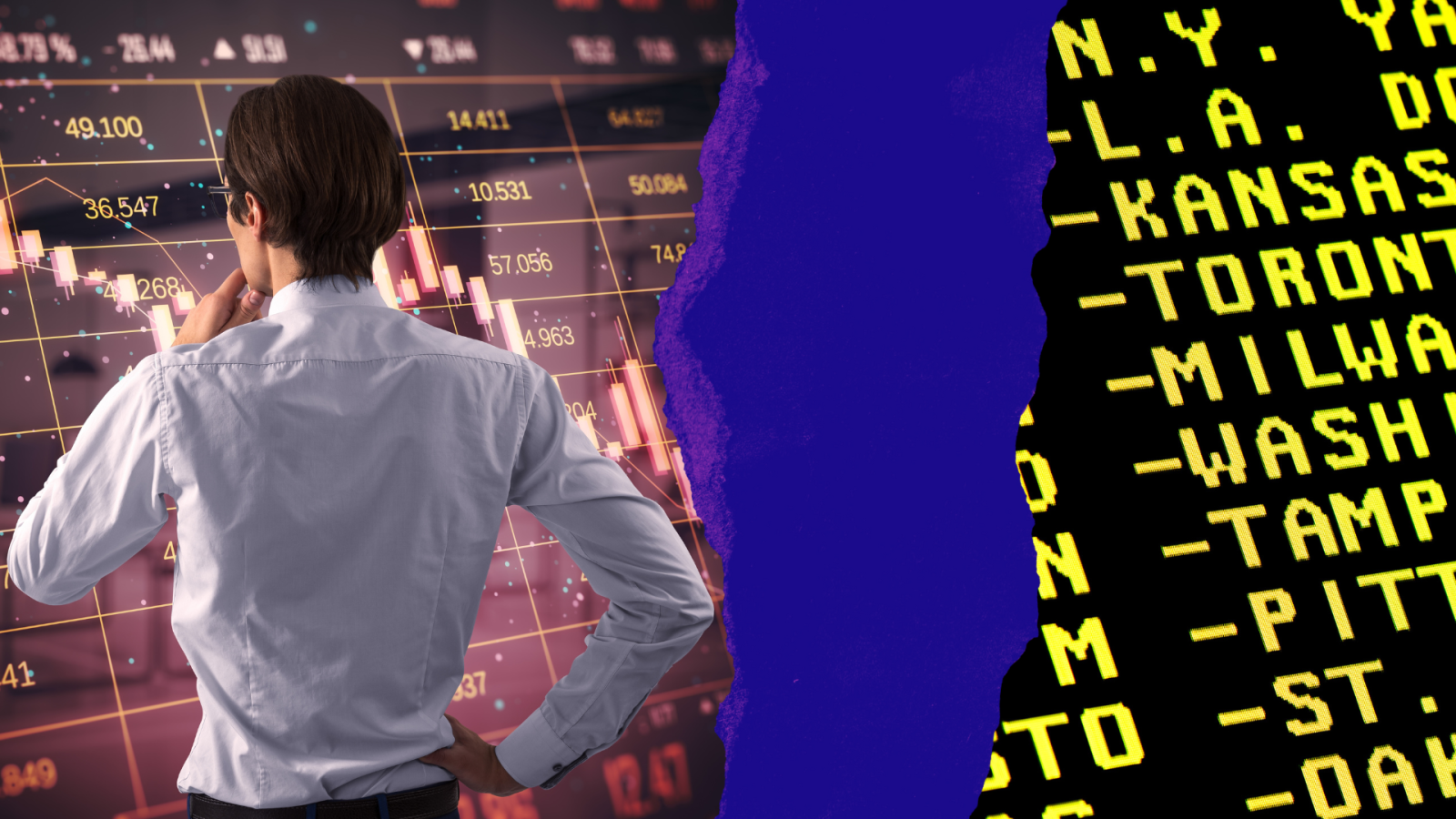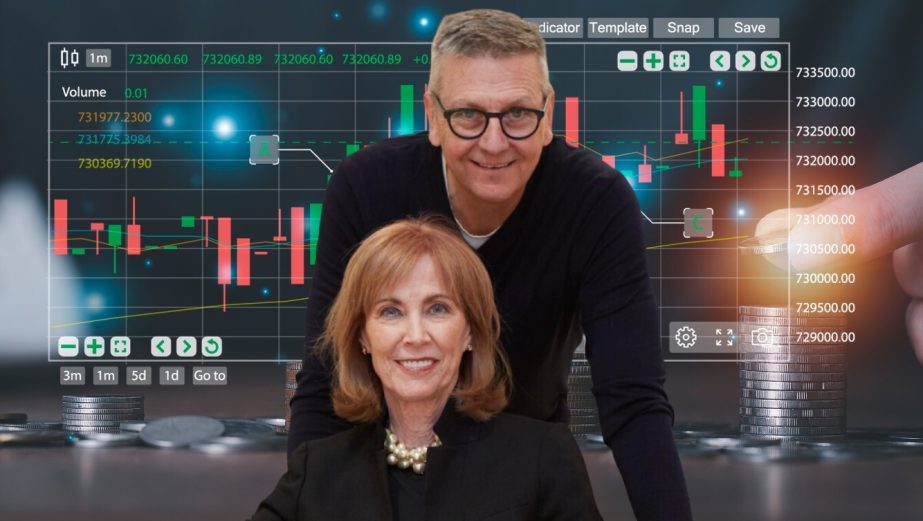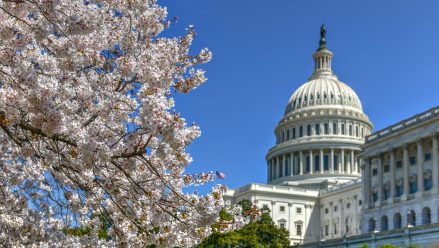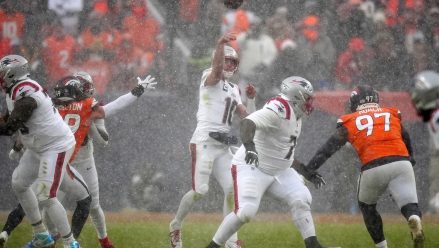Prediction market CEOs as media influencers continue to try and define their emergent form of sports betting even as federal and state courts decide if it’s actually legal.
Ultimately, customers will determine if they have a long-term appetite for it, if given the chance by the legal system.
Whether loss-averse dabblers are willing to thumb through prediction market apps that are decidedly less alluring and devoid of the bonus bets that they’re used to remains to be seen just 10 months into the boom. Maybe only traders, tech bros and high-dollar bettors will possess the funds and the savvy to exploit the nuance of a form of betting that is decidedly different from its state-regulated sportsbook competitors.
“I think what you’re going to find, generally speaking, is that a sportsbook player is more casual and a prediction market trader is more sharp,” Daniel Zimmermann, the co-founder and CEO of the Verse prediction game, told InGame.
Alex Kane, founder and CEO of the prediction market Sporttrade, told InGame that he believes this bifurcation of customers is “largely correct” but sees attractive features for casual bettors in prediction markets, too.
“Some people are going to want the Ferrari. When they hit the accelerator, the car speeds up quickly,” he observed. “And some people are cool with the Ford Explorer sort of thing. I think to take that a step further, the goal of every company is to get every customer to use your app for the most part.”
Kane: Prediction markets can be for everyone
While Kane sees reasons why high-dollar bettors will migrate to prediction markets, he feels the simplicity of current prediction market apps can be attractive to the general public.
“I think there are a lot of recreational players that view this as a simpler product,” said Kane, whose prediction market is state-regulated in five jurisdictions. “And that’s a huge revelation that we’ve always believed in, that I think is borne out to be true.
“If you show someone a DraftKings [user interface] versus a simple Robinhood UI, Robinhood just makes so much more sense for someone that’s never done this before. It’s team A versus team B. Team A is blue, team B is red.
“And I see the charts of blue and red and see blue is flying up and red is crashing down. And so what’s happening? Oh, the blue team just scored a goal. Maybe I should buy the red team.”
What happens after the initial purchase defines the prediction market experience. Traditional sports bettors, Zimmermann said, are used to the simple mechanics of purchasing a bet at a given set of odds and hoping the outcome earns a payout. What he calls the “eternal markets” of exchanges allows users to trade off that stake before it is resolved, selling high — they hope — as the price of a market soars with the success of the outcome they’ve purchased. They can cash out at a profit or cut a loss before the team or event suddenly devalues the contract through poor performance.
“What I do every Sunday for the last couple Sundays is I go and I put like $20 on every underdog at 1 p.m. (ET),” Zimmermann said. “And I just wait until, somehow, some way, the Browns are up seven points on the Eagles at halftime or something.
“And I can take my $20 bet at a 20-cent contract price — a.k.a., a 1-in-5 chance to win — and cash that out, potentially at a 2-to-1 chance to win. And now I’ve just increased my profit without actually caring who won the game.”
The Giants’ last-minute collapse against the Broncos on Oct. 19 is illustrative of how a sports event can become a volatile stock.
“Three lead changes in the last 90 seconds, I went in there and I had money on the Giants to win,” Zimmermann explained. “I was going to win like $120 on the Giants win from a pregame bet. And I bet the Broncos to come back with 30 seconds left, the exact amount that I put on the Giants to win the game. So that way, I’m in a no-lose scenario.
“I’m either getting my money back, or I’m winning three times on my bet.”
Will fans pay enough attention to capitalize on prediction markets?
A question remains whether casual bettors — ones interested in watching a game because of fan allegiance, not profit — will have the willingness to follow market fluctuations once the canned vodka drink and queso start doing their magic. Kane thinks they can, with help.
“I think the great apps — and I think to some degree we’ve nailed this — and ultimately Robinhood and others, they’re going to make that so simple and ubiquitous and easy that it’s just going to be the baseline expectation for recreational players,” he said. “It’s not going to feel intense and ‘I have to do something now’ and go, go, go!
“It’s not that I have to look every second. This is not the way sports bettors think. And I know this is going to sound crazy, but you’re just going to generally have a UI – we’re coming up with a feature that’s kind of like this – where you’re going to be served customized things of like, ‘We know you love to buy low on stuff. So here’s a tab on our app called the Buy Low Zone.’ ”
Kane believes this new functionality will in effect condition sports bettors to think more like traders, even those generally inclined to ply longshot bets into massive parlays. The reason: identifying and monetizing the heady feel of being correct in real time.
“Maybe I get a push notification at halftime. Like, ‘Hey, you were right about one of your predictions. One of your predictions is up over three-X. Tap here to take a look,’ ” Kane explained. “And you’ll tap the push notification and you’ll land back in the app. And it’ll say, you bought it at 10, it’s worth 40. You 4x-ed your money. You won. Do you want your 40?’
“And you’re going to say yes. And that would be like a cashout. But it won’t feel like you’re institutionally trading.”
The prospect of cashing out under more favorable conditions is sure to please bettors, Zimmermann said, once customers become aware of that option on prediction markets.
“The more people seem to understand prediction markets, the more they see sportsbooks as . . . predatory is too extreme, but they’ll know that there’s now an alternative to lighting your dollars on fire,” he said. “You can light your dollars on fire and put out the fire 20% of the way and be more happy than watching it burn.”
Prediction markets will interest savvy mid-level sports bettors, Zimmermann said, because those bettors will recognize better pricing, even if it’s not “always as good as the sticker price” as a result of transaction fees. The lack of in-game betting, an area of emphasis and an increasing taste for sports bettors, could dissuade others, he noted.
The use of automated bots, which are disallowed by sportsbooks, will continue to expand in prediction markets, Zimmermann said.
Sportsbook industry hedges its bets
Zimmermann foresees non-financial institutions using prediction markets to hedge against future business downturns.
“What happens when the sports bar outside of [Gillette] Stadium lays a bet for the Patriots to miss the playoffs, because they can actually economically hedge themselves with all the business that they’ll get if people come and drink at their bar in the playoffs?” he pondered. “That’s the type of level that this is going to reach. Assuming the courts don’t end it.”
FanDuel has a partnership with CME Group and has announced plans for a prediction market that for now are said to not include sports events contracts. DraftKings, despite CEO Jason Robins’ proclamations of sportsbooks’ superiority, recently purchased Railbird — which, like CME, has Commodity Futures Trading Commission (CFTC) licensure to operate a prediction market.
In addition, gambling companies using prediction markets as a hedging mechanism will greatly define them as a frontier for the serious, liquid and skilled. Underdog, which operates a prediction market through a platform provider partnership with Crypto.com, announced in October that it planned to lay off risk at Kalshi.
“This is a whole new ballgame where you might actually be trading against, in a year or less, DraftKings through a prediction market,” Zimmermann said. “So not only is pricing going to get extremely sharp, it’s going to be a profession. It’s still going to be gambling, but I think the level of skill required is going to actually make a meaningful difference.
“And it’s going to be a whole new arena. I think people are going to have their six monitors and be live-trading multiple games at once and laying off risk. And taking promos at sportsbooks is going to become a meaningful tactic of laying off very small amounts of risk. You will have entire businesses dedicated to promo-hunting, just to lay off risk.”
Kane said there is a need for hedging mechanisms and has unsuccessfully attempted to convince regulators in the states where Sporttrade is licensed of this point.
“If everyone bets the Kevin Hart parlay on DraftKings, it would be really useful for DraftKings to say, ‘I expect that I’ve actually made 20% on this bet, net of all my costs, but I’m willing to take 18 and just walk away,’ ” he explained. “And that’s exactly what hedging does.
“I’ve sold 25 million contracts at 10%. We all know they’re worth seven. I’m happy to buy it back at eight and just say, ‘I sold a s— ton of tens. I bought a s— ton of eights. I made two times the amount of contracts I sold. I’m great.’ ”
This all makes Zimmermann feel like the industry is reaching what he calls “the final form of sports betting.”
“Now, the courts might disagree,” he said. “But I see this as a fully mature gambling environment.”







